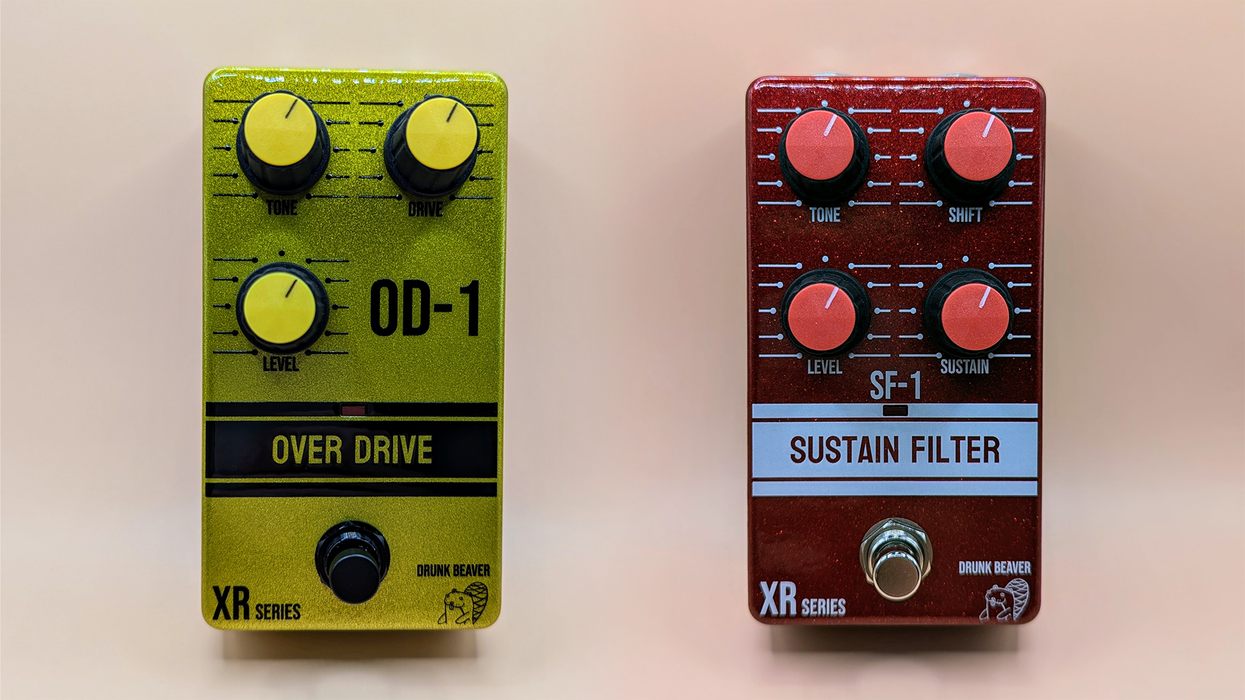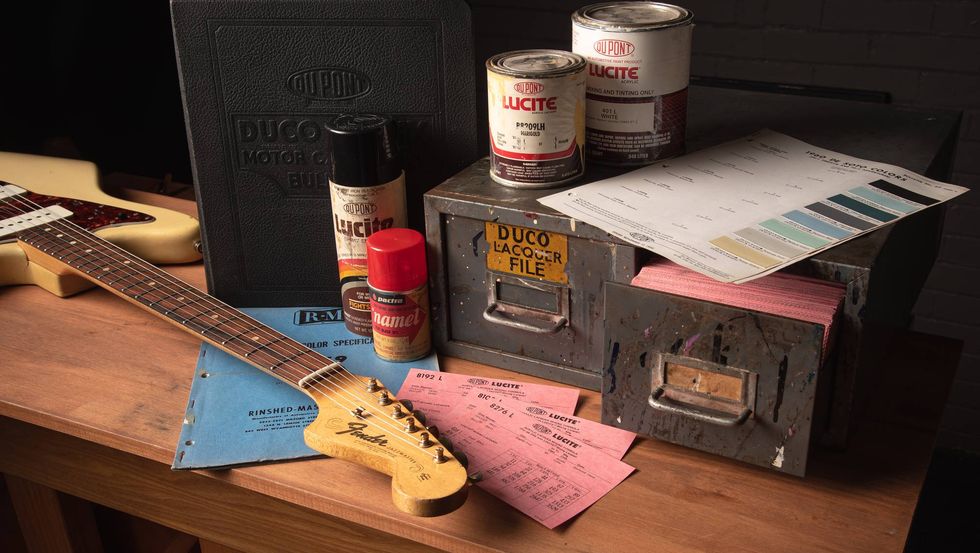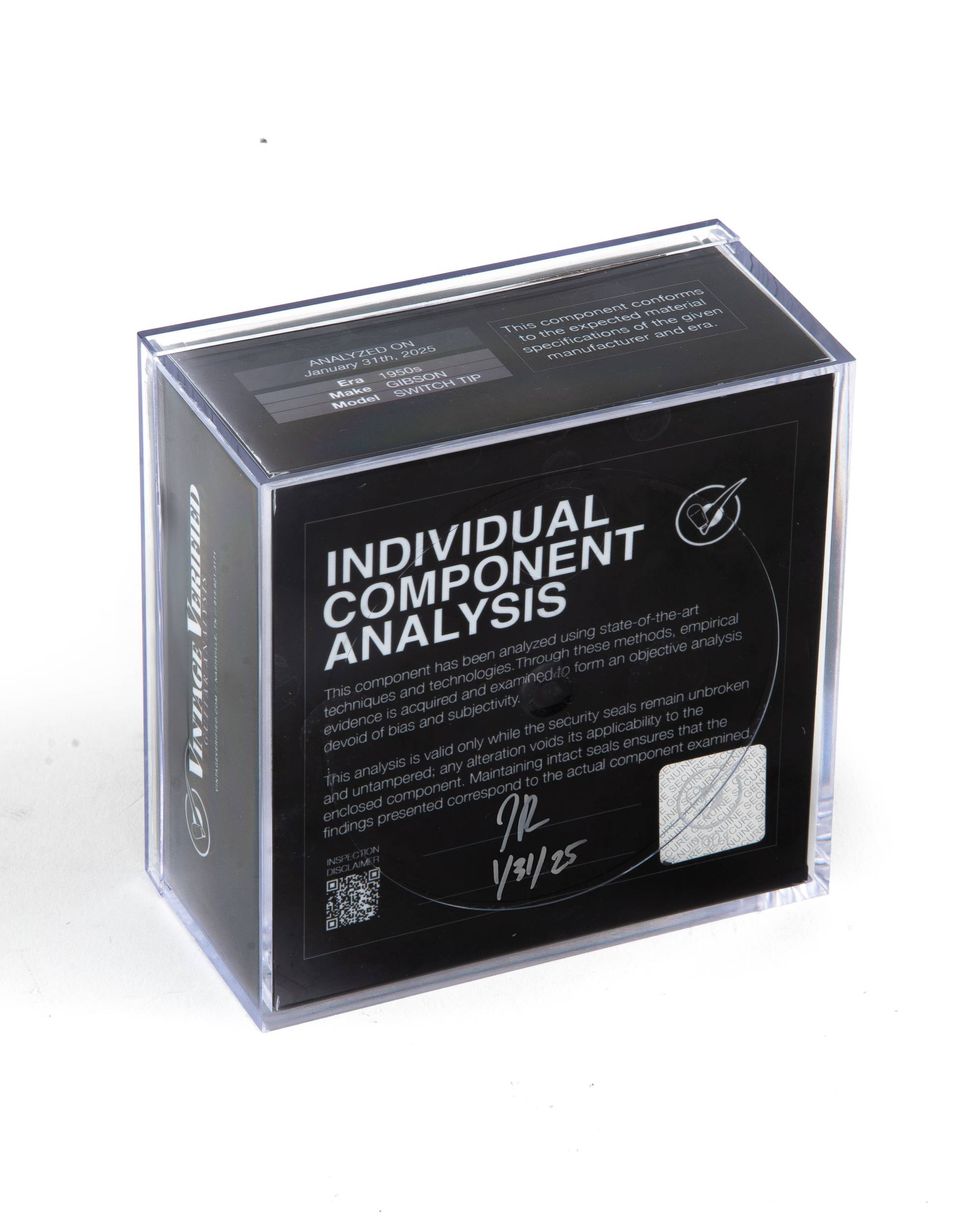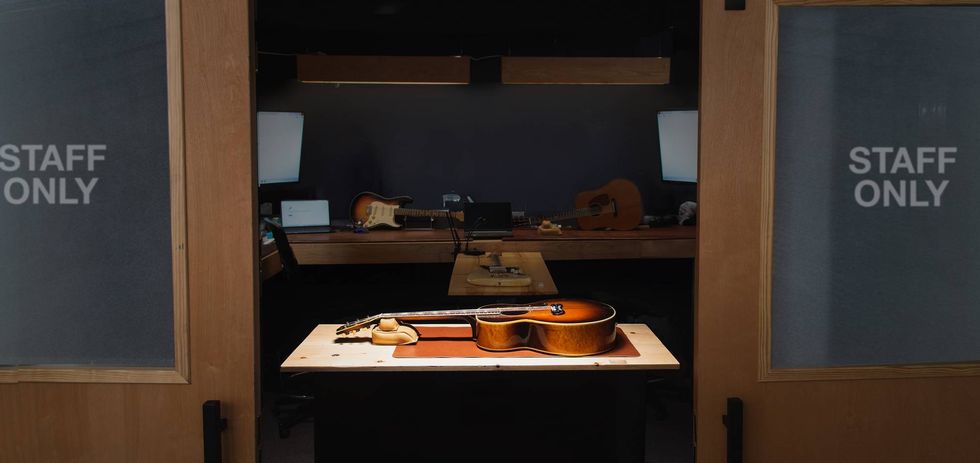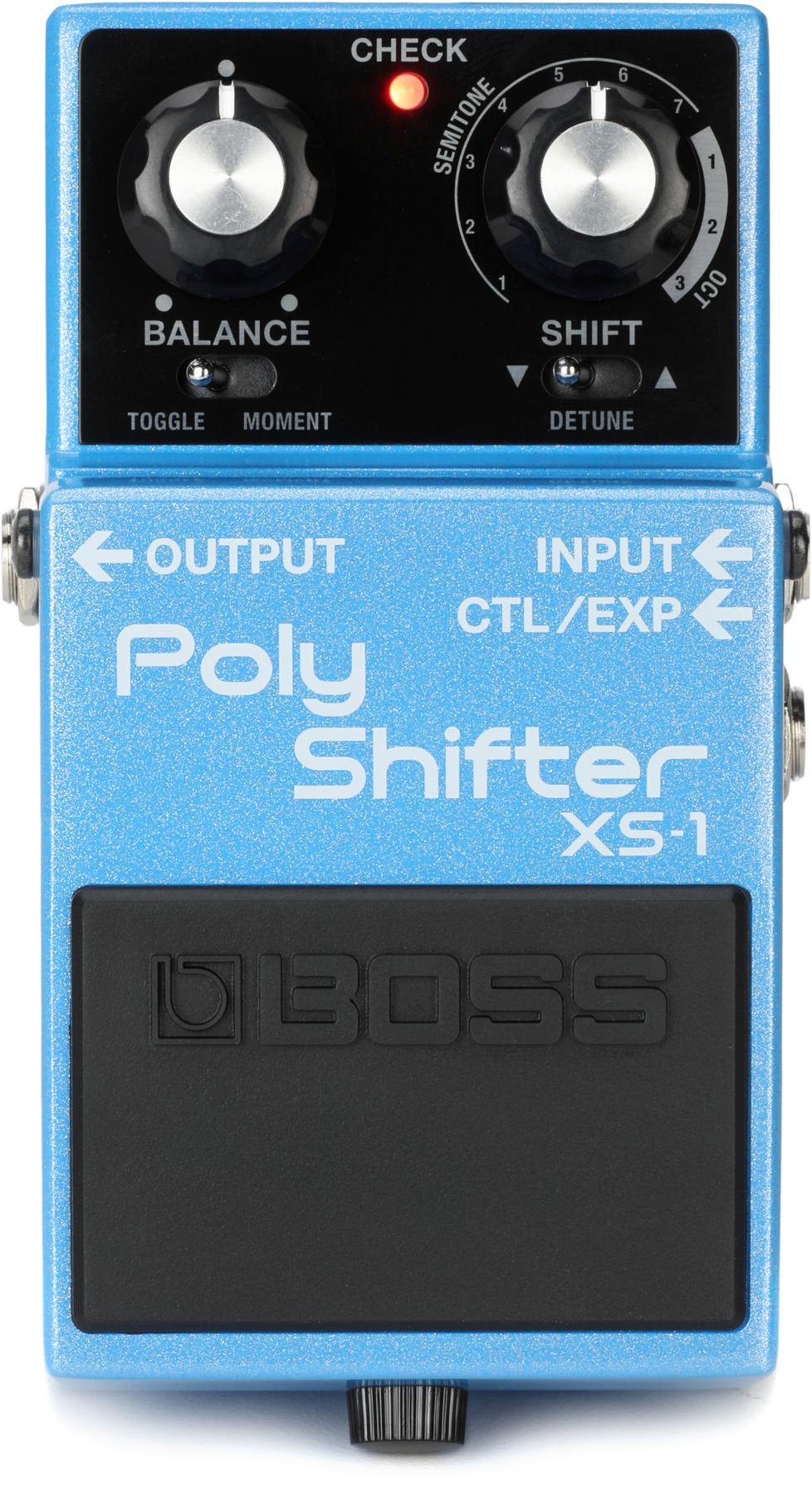Nashville, TN (May 1, 2018) -- Gibson Brands Inc. has apparently taken the first major step in returning to its core business of guitar building by filing for Chapter 11 bankruptcy in U.S. Bankruptcy Court in Delaware, seeking protection from lenders and a transfer of the corporation’s control while restructuring its holdings and operations.
Since 2010, Gibson, under the leadership of CEO Henry Juszkiewicz, changed its name from Gibson Guitar Corporation and pursued a strategy of also becoming a broad-based consumer electronics company. In that pursuit, Gibson acquired the Stanton Group—which includes KRK Systems, Cerwin-Vega, and Stanton DJ—as well as a majority stake in TEAC. In addition, it acquired consumer electronics firm Royal Philips, and established a partnership with audio and home theater company Onkyo. That strategy has been blamed for the $500 million debt Gibson has accumulated. The company also invested heavily in high-profile guitar products that failed to appeal to players, including so-called “robot” tuning systems and the Firebird X model, which insiders say were spearheaded into production by Juszkiewicz.
According to a Fortune report based on court documents, Gibson will repay bank loans while under the control of its prominent bondholders, who will replace current stockholders such as Juszkiewicz in the driver’s seat. Juszkiewicz is expected to remain with Gibson until it emerges from bankruptcy in order to assure a smooth transition. The group of bondholders taking the company’s reins will engineer a new loan of up to $135 million to keep Gibson operating.
In recent months, Gibson has reduced the workforce at its Custom Shop guitar business and put its spacious Memphis showroom and factory—where most ES models and other semi-hollow and hollowbody models are made—on the market, vowing to relocate in a smaller building. As part of its musical instrument business, Gibson also owns the Epiphone, Kramer, Steinberger, Dobro, and Baldwin brands. According to a report on the bankruptcy filing in The New York Times, Gibson’s electric guitar sales in 2017 were 10.5 percent higher than in 2016, reaching $122 million.
Watch our factory tour of Gibson's Nashville factory









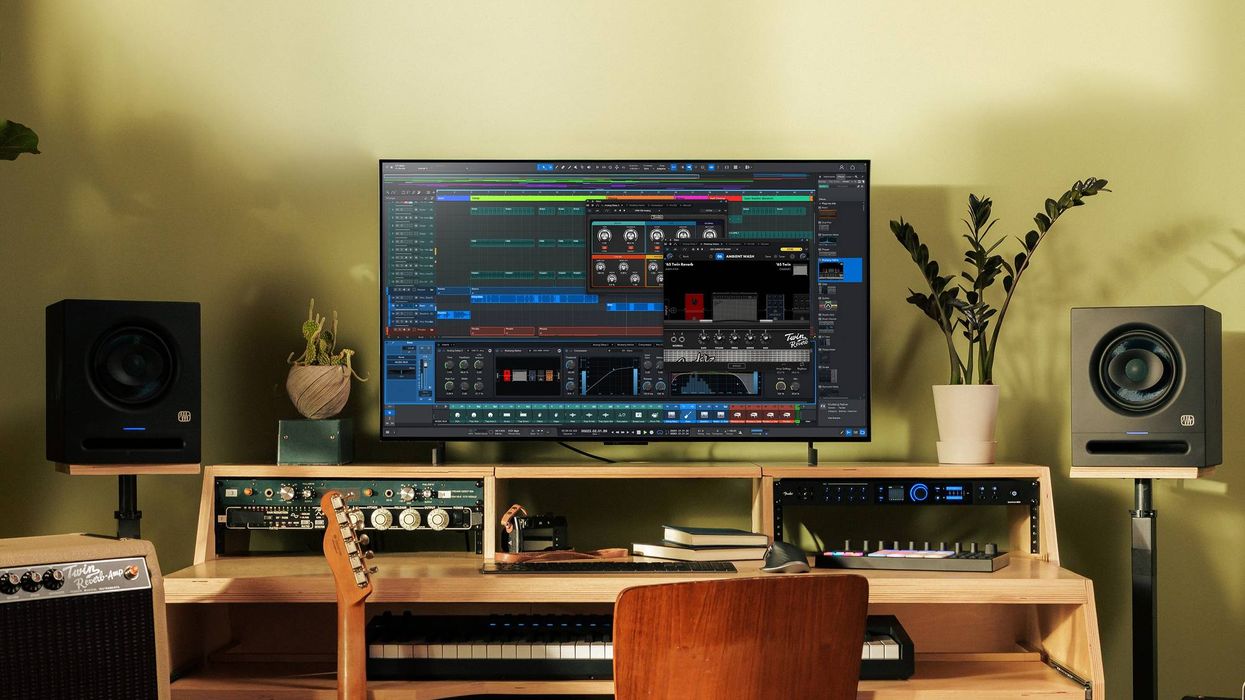
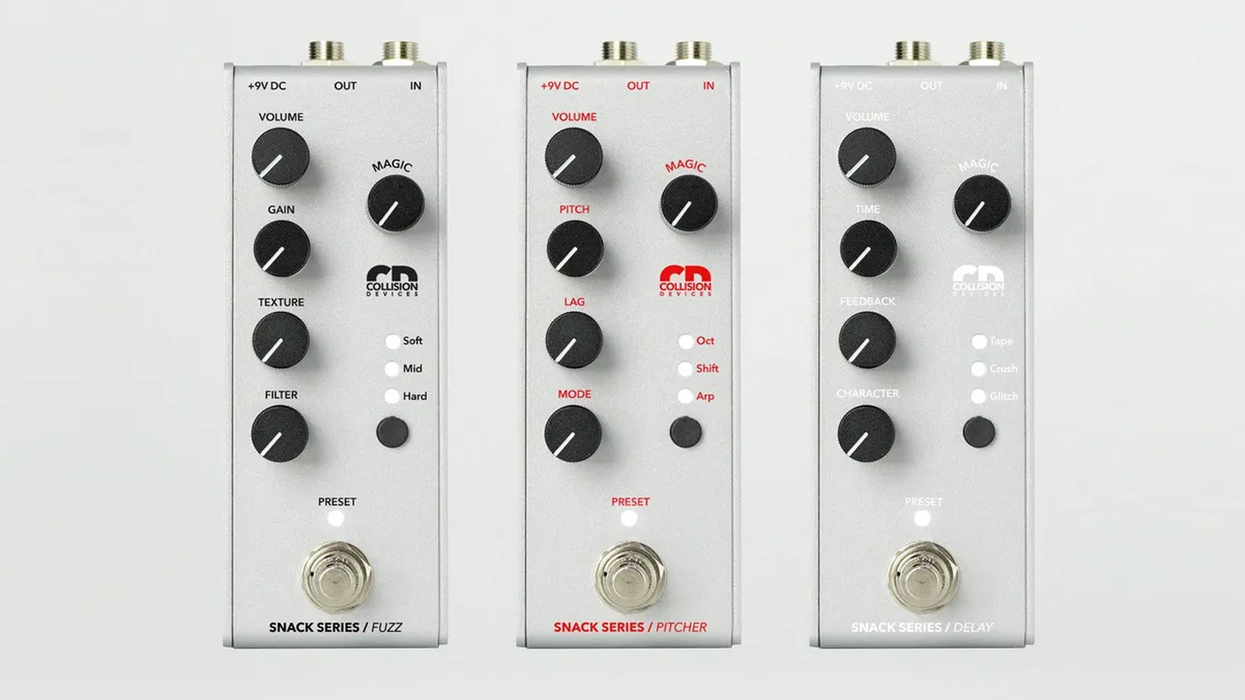

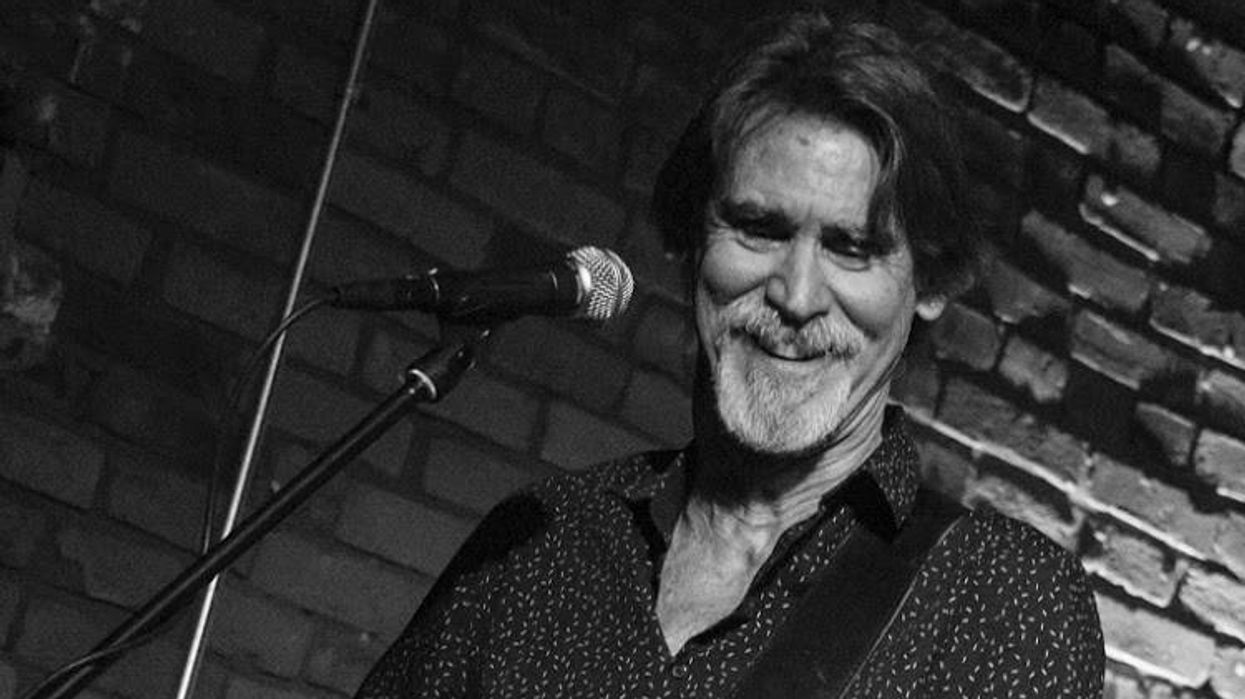
![Rig Rundown: Russian Circles’ Mike Sullivan [2025]](https://www.premierguitar.com/media-library/youtube.jpg?id=62303631&width=1245&height=700&quality=70&coordinates=0%2C0%2C0%2C0)
